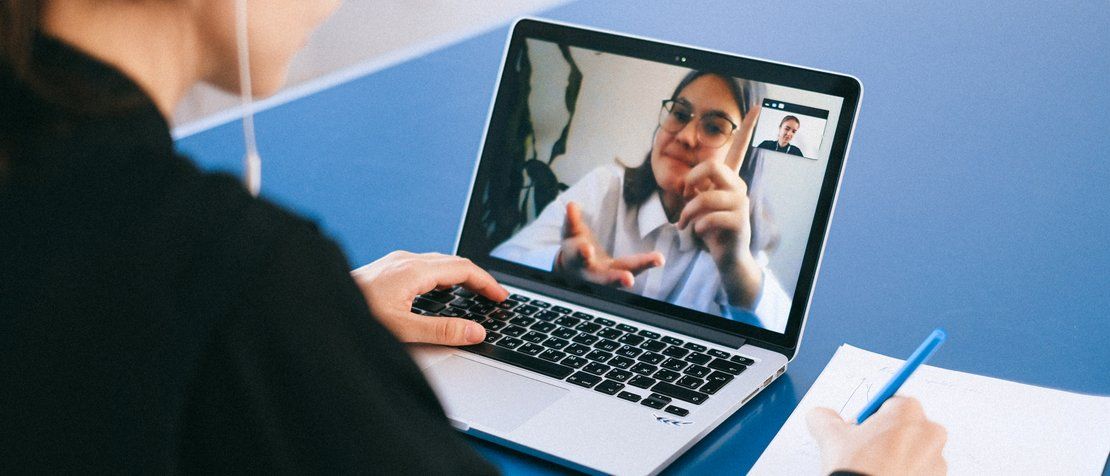
EQUALS and POWER join forces to close the digital gender divide by 2030
As the UN specialized agency for information and communication technologies, ITU’s work is all about bringing the transformational power of digital innovation to people everywhere. Our focus on inclusive connectivity naturally means we also focus increasingly on tech and gender issues, because – as we’re all very much aware – right now the power and transformational potential of connectivity is not equally distributed. Of the estimated 3.6 billion people still unconnected, the majority are girls and women. On average, 52 per cent of women remain totally offline, compared with 42 per cent of men, according to ITU’s 2019 Measuring Digital Development report.
The power and transformational potential of connectivity is not equally distributed.
And we know that even this dispiriting figure does not paint a true picture, because in the world’s poorest nations, women’s access to technology is much more limited. A recent report by our EQUALS Access Coalition indicates that in the world’s least-developed countries, women are 33 per cent less likely to have Internet access than their male counterparts. The connectivity chasm Unequal access to ICTs is not new. But this ‘connectivity chasm’ has taken on a much greater amplitude in the wake of the COVID-19 pandemic, as women once again bear the brunt of the social and economic consequences of this crisis. Of course, the digital gender problem is not just about access. Around the world, women are chronically under-represented in the tech sector, at the very time when digital technologies are dramatically re-shaping the societies and economies we live in, and the values we live by. In particular, the lack of adequate infrastructure and access to information and communications technologies for women and girls limits their educational opportunities and access to labor markets. How ITU is tackling the digital gender divide At ITU, we work to ensure that through the use of ICTs, women and girls gain the necessary skills and tools to fully enjoy the benefits of today’s digital economy. At our regional offices around the world, we take a national and local approach to this work, finding ways to support community-level transformations that can start to bridge the gender digital divide globally. One of the ITU programs we’re proudest of is International Girls in ICT Day: a global effort to encourage girls and young women to consider studying technology and building careers in ICT, eventually leading to better representation for women across the tech sector, and especially in leadership positions. We also know that partnerships are critical to achieving the goal of digital gender equality. Our gender-focused access and skills programs such as International Girls in ICT Day also contribute to the EQUALS Global Partnership, a group of more than 100 multisectoral partners synergizing efforts to bridge the gender digital divide. EQUALS was founded in 2016 by ITU, the United Nations University (UNU), UN Women, GSMA and International Trade Center. To maximize impact, the partnership is organized into coalitions focusing on access, skills, leadership (in SMEs and the tech sector), and cross-cutting, evidence-based research. As telecommunication professionals, we believe in the strength of partnerships to solve connectivity gaps. This is why today, the ITU and the United States Department of State, through its Bureau of Economic and Business Affairs are partnering to help close the gender digital divide by 2030 by leveraging and coordinating global initiatives such as the Bureau for Economic and Business Affairs’ Providing Opportunities for Women’s Economic Rise (POWER) and ITU’s EQUALS program. This new joint partnership underscores the urgent need to ensure women have equal opportunities in the digital economy through cooperation in all regions.
The partnership will transform women’s digital economic empowerment through advocacy, skills development, and promoting career advancement.
POWER and EQUALS will work with the private sector to boost leadership opportunities and entrepreneurship activities for women around the world in the information and communications technology industry. What is new about the U.S. Department of State and ITU Partnership through POWER and EQUALS? This new partnership will focus on implementing global projects and activities in advocacy, skills development, and economic empowerment. By tackling the digital gender gap from many directions, we will be able to maximize our effectiveness in building new opportunities for women at all stages of digital know-how. At local and regional levels, the partnership will focus POWER and EQUALS efforts on: joint organization of advocacy/awareness events; participation in events and panels related to intersectional topics on women’s economic empowerment, technology, and innovation; a series of webinars on tech and policy topics for emerging women ICT leaders, regulators, and entrepreneurs; and a train-the-trainers program. In addition, we are committed to creating meaningful engagements between women leaders and professional networks in technology and entrepreneurship. To support women’s entrepreneurship in tech and innovation, we will host a series of private-sector roundtables to explore business development vehicles and resources that could complement public sector programming. We’re excited to see what the future holds for women in technology, and we believe this partnership will be a great step toward gender equality in the digital world.
Image credit: Anna Shvets via Pexels
